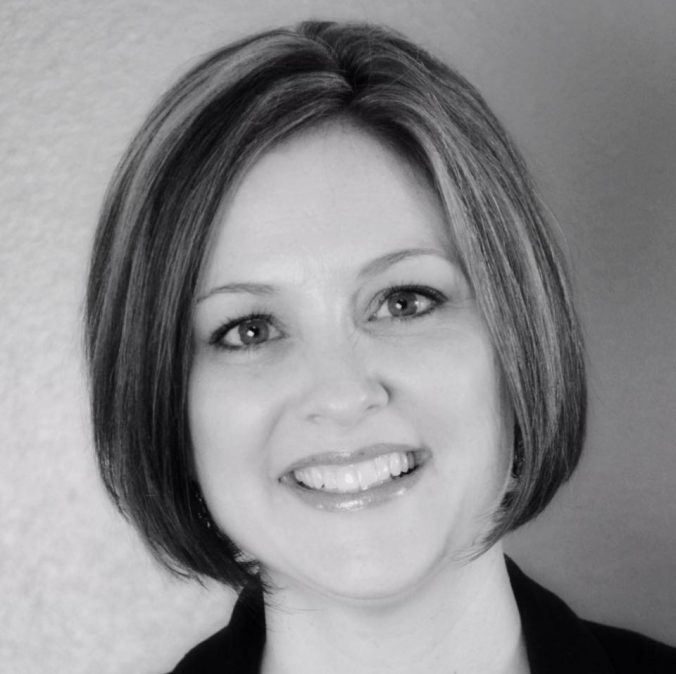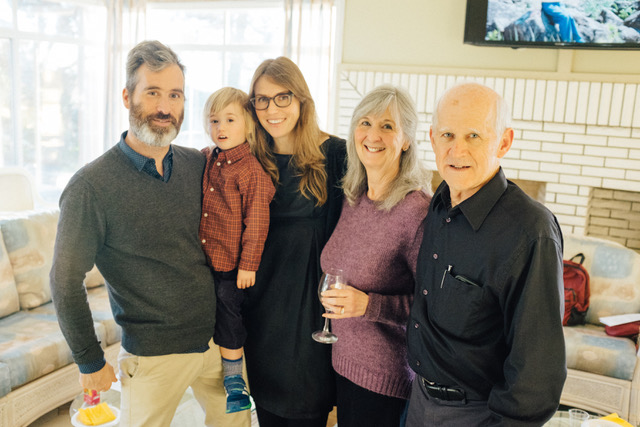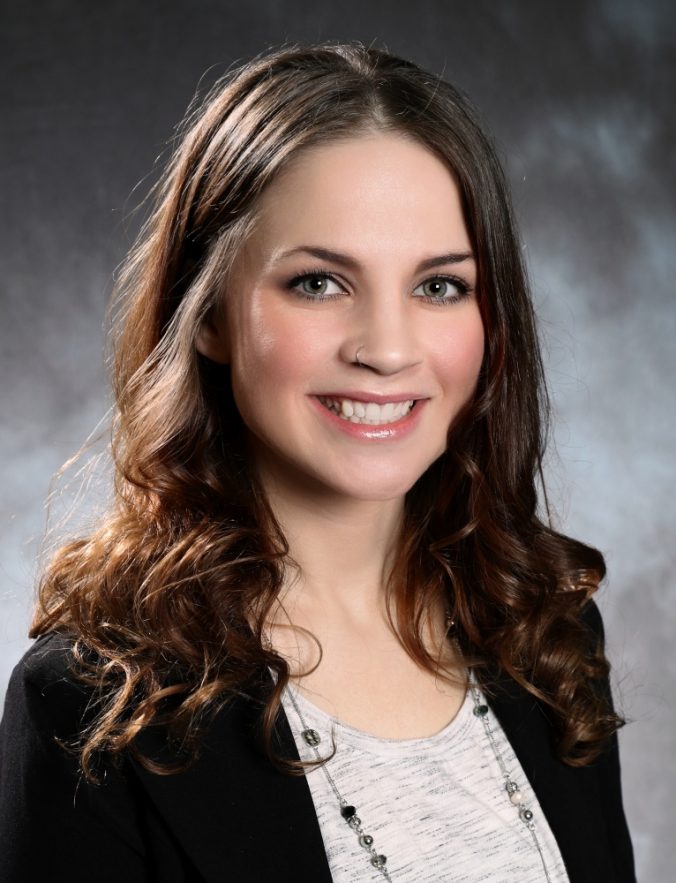- Tell us about yourself: My name is Dianna Easton; I was blessed with the privilege of earning a Master’s Degree in Leadership and Administration, in Calgary cohort 23, in July 2016.
- What are you doing now?: Currently I am a grade three teacher that loops with her students into grade four, and then rotates to grade three again to pick up and new set of students for another two years. I teach in a public education setting, in a complex and diverse learning environment. This year, I also accepted a Learning Leader position with our administration team to help promote and further our schools development plan, as well as lead development in task design and Professional Learning Community protocols and collaboration. The Alberta Teacher’s Association (ATA) also granted me an opportunity to work for them within their professional development seminar cohort, delivering requested ATA workshops and seminars throughout the southern part of Alberta.
There are three other roles that I have taken on as well, because of my love for learning and the need to continue to ask questions and develop a deeper understanding of culture and leadership. Starting in June 2017, I will be beginning my doctoral program in Leadership Studies with Gonzaga University. Dr. Chris Francovich is my academic advisor for my doctoral work. I am incredibly honoured to have this opportunity. Dr. Charles Salina, has also hired me to begin working with the Adjunct Assembly and help support and teach the Gonzaga Master’s Program in Alberta. Dr. Sherry Martens, the Associate Dean of Education for Ambrose University, has also invited me to be a sessional teacher, teaching elementary mathematical conceptualization courses to support Alberta’s mathematical drive to increase student performance and achievement.
- Why did you choose a program in the School of Education at Gonzaga? The drive behind my choice to attend Gonzaga University stemmed from a summer seminar, in which two inspiring leaders conversed and shared their views and levels of thinking that touched my heart and caused me to ask deeper pedagogical questions that stirred my curiosity. The following Monday, I asked a question about pursuing a master’s level education. Before I knew it I was conversing with Dr. Charles Rose, and I began classes that weekend. In conversing with Dr. Rose and Dr. Martens, I realized that the face-to-face learning was where I wanted to be, as I was so (and in many ways still am) very unsure of my thinking abilities, qualities and capabilities. Yet, the supportive and highly knowledgeable people I have come to know and love, as my professors, believed in me. It was all I needed to begin to question and to view learning and teaching differently. It was the catalyst to my opening my mind and finding strengthen therein.
- What influenced you the most during your time at Gonzaga? I truly believe in the cohort model, as sharing and listening to each other helped me to gain strength within my own thinking processes, but also with my perspectives and in my understandings/interpretations of events, experiences and opportunities. The notion of a lived experience only begins to touch the surface of the profound effect my master’s journey with Gonzaga has given me. My life has sincerely and irrevocably has been changed because of my association, interactions and professional relationships with Dr. Dan Mahoney, Dr. Sherry Martens, and Eric Perrault.
These three key individuals have influenced my understanding and desire to continue to question and consider ways to become better, to drive change, and seek after continued learning. Mr. Perrault introduced me to the notions and questions of cultural impact and consequence, which spurred my capstone inquiry and drove my interest into increasing cultural understandings of others. The impact of this course alone has changed my thinking and perceptions immeasurably. Coupled with the untold support and encouragement that Mr. Perrault and Dr. Martens gave me as I began to write, to explore my thinking, and notions of educational problems of practice that I found to of worth, was incredible. The knowledge and generosity of time given to help strengthen my self-confidence and encourage deeper thinking, really was truly profound. The unwavering and interest that Dr. Mahoney gave to my questions and conceptualizations was and is a profound gift and blessing. Dr. Mahoney was able to help me reframe and consider complex interactions and philosophies of interpreting ‘being’ and ‘becoming’ that allowed me to see beyond the immediate and into the possibilities of what could be with change and dedication to service and servant leadership. It was through Dr. Mahoney’s influence, support and gentleness, that I found the strength and desire to explore the reasons for why I fear leadership. The process was very personalized, which allowed me to dig deep and help me learn to write from my heart.
Simply put, my life has changed. My way of thinking has changed. I have been shaped and molded into someone I never thought I could be. It is so totally exciting and thrilling to continue this journey and to explore other ways that I can make a difference in the lives of those I teach!
- What was your greatest lesson learned at Gonzaga? The greatest lesson I have learned at Gonzaga is the power and influence of servant leadership. So many individuals I have been blessed to associate with and learn from within the master’s program exemplify and embody what servant leadership is all about. The kindness, generosity, compassion, and passion have given me hope to work with increased determination for what education is all about – reaching potentials, building confidence, teaching and learning about thinking, and developing relationships that spur exploration, risks and trust; which all allow for failures, mistakes and increased probability of finding the heart of the matter (truth). But to also understand ‘others’ with different views and lenses, with increased care and appreciation. The collective and collaborative nature of working in education is complex and often times overlooked as political structures influence the design and needs of public education. In understanding that change is possible and that change matters, hope and willingness will prevail to endure within a changing structure(s)/understandings.
- What is the most rewarding aspect of working in your field? Most challenging? The most rewarding aspect of working in education is to see the smile and eyes sparkle of child who has just discovered for themselves, that they can make sense of the world around them.
The excitement and enthusiasm children have with a natural curiosity and willingness to question events, experiences and happening around them is a motivational factor to continue to find ways to help children be the best learners they can be, with self-confidence, advocacy and appreciation. I would be remiss to not acknowledge the profound affect and effect the collaborative and influential nature of working with wise and profound leaders can have on one’s perceptions, perspectives, and interest in advancing educational practices and remaining student-centered.
The most challenging aspect of working in education, is understanding the influence of politics, organizational constructs, and interactions of our government with the institution of education. How does one teach all day, interact with children all day, and then at the end have others making decisions politically, financially, and socially that directly impact the way in which a child can be educated without voice, without collaboration, without time? How can teachers help other teachers and parents navigate the complexity of educational systems to enable teachers to be active, to progress, and to help parents be informed and a part of the educational experiences of their child in a meaningful manner? How can professional teachers help complacent teachers move forward and seek further knowledge and learning themselves without relational trust and personal interactions with decision makers and policy makers within a hierarchical system?
- What critical issues do you see that need to be addressed in your field? The critical issues I see that need to be addressed within education include building a better sense of community for immigrant families to help them transverse the complex educational system within Alberta, Canada, so that parents can advocate for their child’s needs; but to also be aware of the various supports and options to help support learning success for all students. But I also believe that teachers need help with learning how to pragmatically shift between notions of teacher practice and professionalism within an organization, and to develop more advanced levels of cultural awareness to ensure rich and engaged learning experiences and opportunities for all students. As I have stepped into a Learning Leader position, and have begun to work with our school’s administration team, another layer to helping develop teacher competencies would be to help foster and develop leadership skills in others.
- What advice do you have for future education professionals? The advice I have for future educational professionals is to enjoying changing your view and perspective. That higher learning is exciting and will only enhance and shift your teaching practices to meet the needs of all the students who enter your classrooms. Leadership is a mindset and way of thinking that broadens understanding and heightens differentiation to lead to more engagement and richness of thought/activity/purpose. The culture of learning is the best avenue to meet your students with and begin to develop relationships based on trust and security. Moreover, I firmly believe that educational professionals need to ask themselves and others questions, to deepen conversations, to shift thinking, and to never settle: keep expectations high and think your way through the various notions, changes, and conceptualization shifts and paradigms asked of you: be comfortable with change, and be an agent for change.


